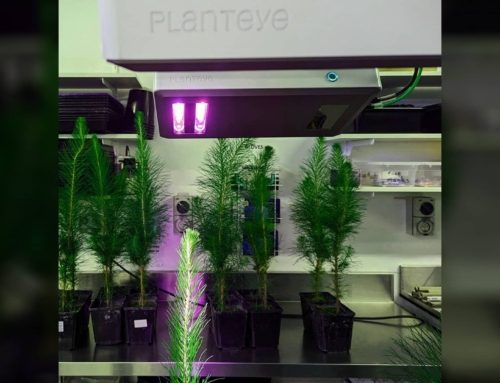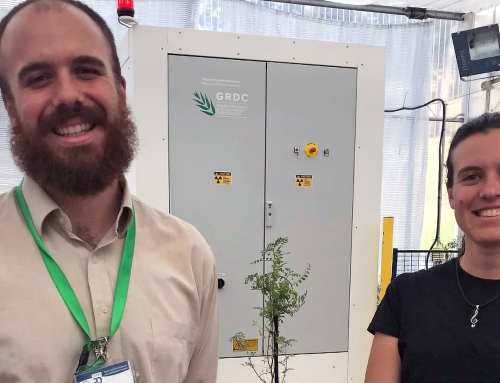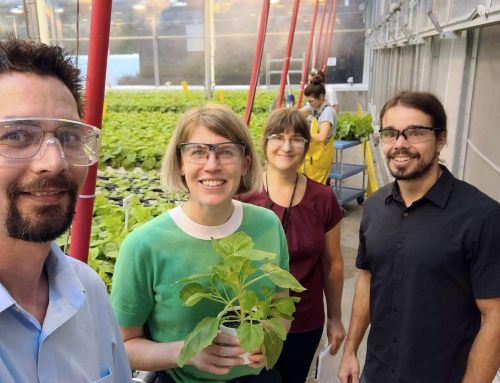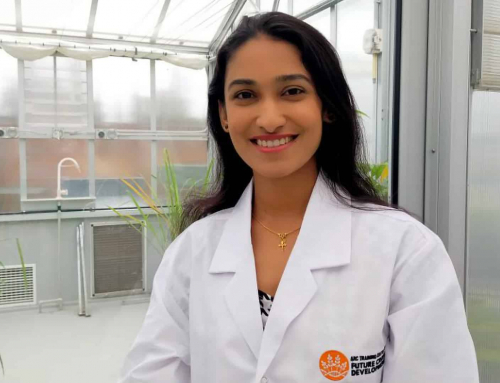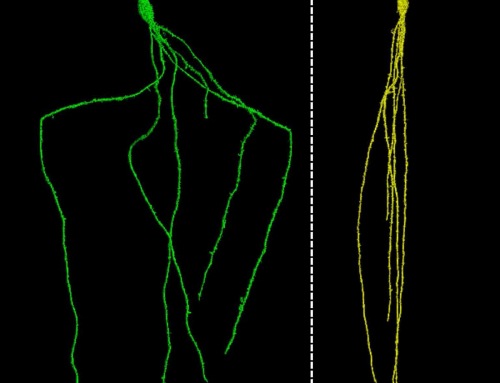Rice is a staple food for over half of the world’s population. It is also the most salt-sensitive cereal crop, with losses in yield reaching up to 69%.
In a new study published in Nature Communications collaborators from King Abdullah University of Science and Technology (KAUST) and The Plant Accelerator®, Australian Plant Phenomics Facility investigated the early responses of rice plants to moderately-saline conditions and pinpointed new salt-tolerant genetic loci.
Project lead, Professor Mark Tester (KAUST), supervised PhD student Nadia Al-Tamini’s project which grew 297 indica and 256 aus rice varieties under low and high salinity. Using a technique called ‘high-throughput non-invasive phenotyping’ plants are moved on conveyor belts, imaged daily using digital cameras to monitor biomass and shoot development, and weighed to carefully measure transpiration levels (water use).
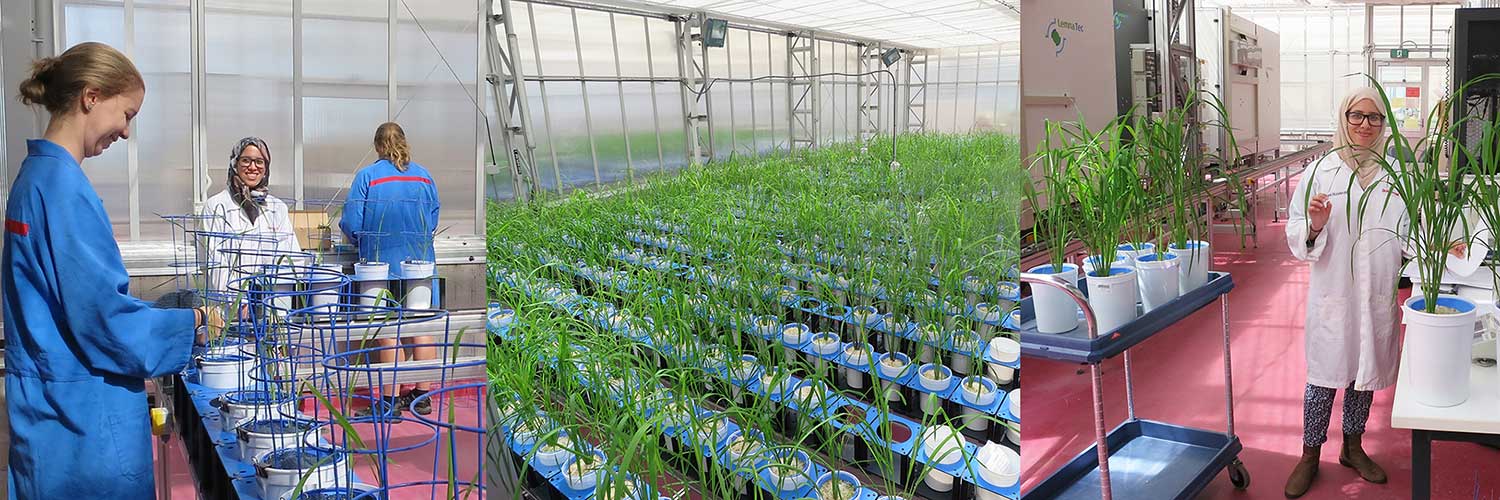
“The Plant Accelerator® allowed us to analyse numerous aspects of the growth of multiple plants simultaneously,” says Professor Tester.
Using the facility’s cutting-edge technology, the researchers were able to show some genes, for example those connected with signaling processes, were important to plant growth in the first two to six days after salt application, while other genes became prominent later.
“This is perhaps the most astonishing aspect of this work – we can now obtain genetic details daily, pinpointing exactly when each locus comes into play in response to salinity,” says Professor Tester.
The results of this study could prove useful for breeding programs seeking to address yield and stress resistance to meet the demand of our increasing global population and climate challenges.
Congratulations to everyone involved in this study!!
Find the full article: www.nature.com/articles/ncomms13342
More on Nadia Al-Tamini’s story: https://blog.plantphenomics.org.au/2015/02/24/saudi-arabian-students-joins-plant-accelerator-team-to-investigate-salinity-tolerance-in-rice/
Professor Mark Tester, Plant Science Associate Director of the Center for Desert Agriculture Biological and Environmental Science and Engineering Division, King Abdullah University of Science and Technology, Saudi Arabia, mark.tester@kaust.edu.sa, www.kaust.edu.sa/en/study/faculty/mark-tester
Dr Bettina Berger, Scientific Director, The Plant Accelerator, Australian Plant Phenomics Facility, University of Adelaide, www.plantphenomics.org.au, bettina.berger@adelaide.edu.au


